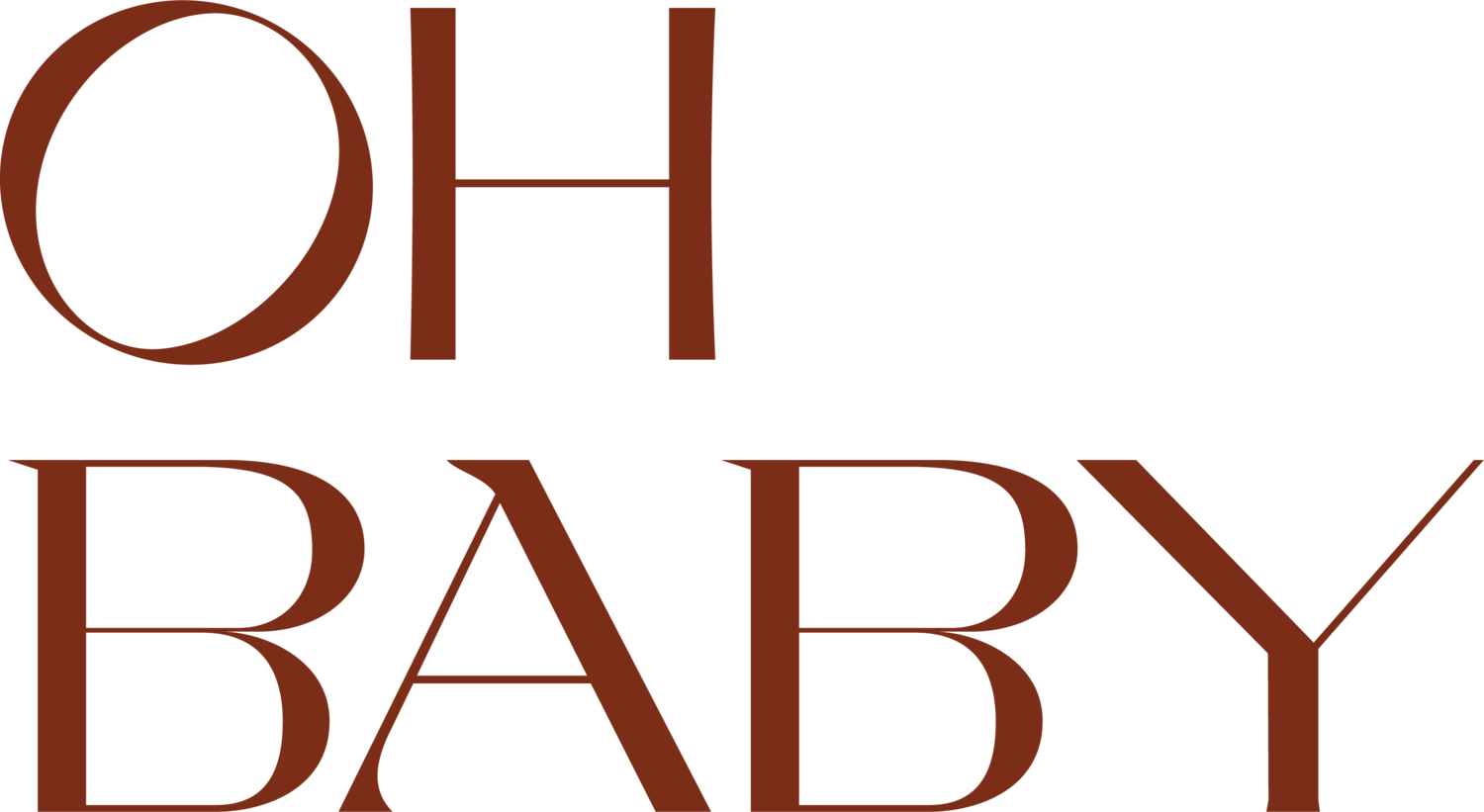
Postpartum Nutrition
Certification Course
When a baby is born, a mother is born. Just like her infant, a new mother needs to be nurtured. She needs to be supported, cared for, and tended to.
Curriculum Outline
-
Module 1 outlines the importance of prioritizing nourishment, rest, and recovery during the postpartum period. Many traditional cultures deeply valued the importance of nurturing this transition by implementing an extended period of healing after birth. We explore how similar practices can be adapted to support the modern mother in restoring her vitality and replenishing her reserves.
This module covers how to help clients build their own support system during the early days postpartum. We also discuss how to holistically support a client’s recovery after a vaginal or belly birth using natural remedies.
-
Many people don’t know that a woman’s nutritional needs are actually higher during the postpartum period than at any other time in her life. Yet, a new mother’s own health and well-being are often quite far down on the list of priorities. Module 2 covers all of the nutrients necessary to support health during the postpartum period. You’ll learn the role that each nutrient plays, plus the potential risks of deficiencies. We explore the best food sources of each nutrient and how to tell if your client is confidently consuming adequate amounts through food alone — or if additional supplementation may be necessary.
You’ll be able to create a personalized supplement protocol for each client. We discuss the recommended dosages to meet daily postpartum requirements and how to adjust all recommendations to accommodate various dietary preferences. We also demystify the various forms of nutrients found in supplements, and which forms are most bioavailable (easy to digest and absorb).
-
New mothers naturally focus all of their attention on the well-being of their baby and often aren’t quick to address their own postpartum health concerns. That’s why the role of a Certified Nutrition Consultant is so important in postpartum health.
In module 3, you’ll acquire the skills to recognize and naturally support both the most common and the lesser-known conditions that new mothers experience. This module also covers how to identify the main symptoms associated with each of these conditions, how common each condition is, and how to assess a client’s unique needs.
We provide the tools that enable you to create a holistic protocol to support a client’s existing pregnancy condition. However, as holistic practitioners, we also have the unique opportunity to help clients reduce their risk of developing common postpartum conditions before they even develop.
-
Nature always prioritizes a baby’s needs first. So if a breastfeeding mother isn’t consuming the nutrients needed to sufficiently enrich her breast milk, her body will always deplete her own nutritional stores to ensure a baby’s needs are met. For example, calcium will get extracted from her bones, protein from her muscles, and even DHA from her brain. Due to this, postpartum mothers are at an exceptionally high risk of becoming depleted. This isn’t meant to guilt an already guilt-ridden mother for not eating perfectly, but rather to highlight the importance of Certified Nutrition Consultants.
In module 4, you’ll learn about the various ways that the maternal diet affects the quantity and quality of breast milk. You’ll discover how to help mothers initiate a successful breastfeeding relationship with their newborns, and how to implement strategies for those facing barriers that prevent them from reaching their breastfeeding goals. This module also outlines ways to support clients who are not able to breastfeed, including how to select breast milk alternatives when necessary. Finally, we cover effective recommendations to help balance the physical and hormonal changes associated with weaning.
Our Postpartum Nutrition Certification Course also includes Foundational Nutrition and Business Development.

